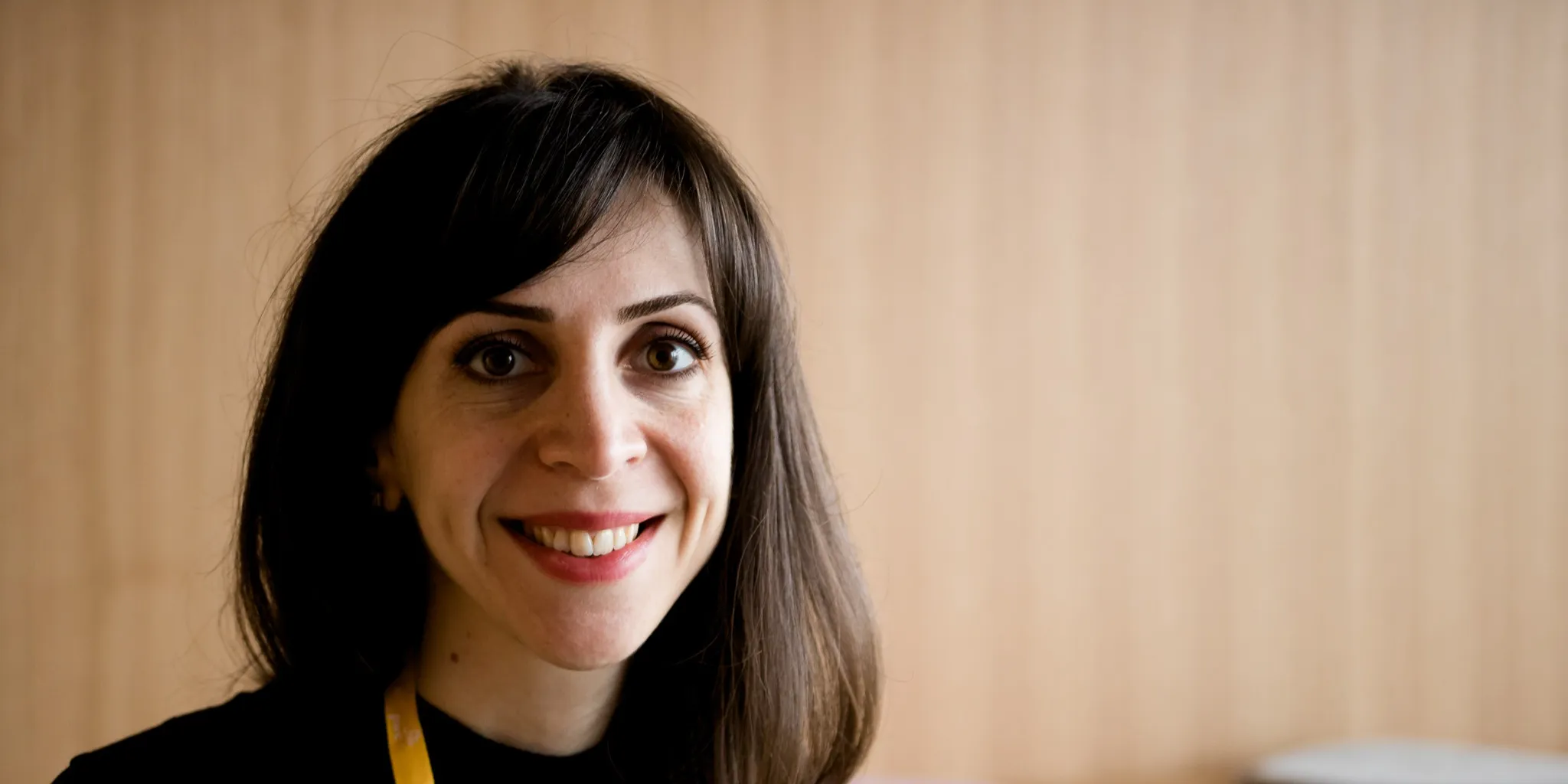


Anush Manukyan did her master's degree at the University of Luxembourg before starting a doctorate with the Interdisciplinary Centre for Security, Reliability and Trust (SnT).
 Startup Luxembourg
Startup Luxembourg
Anush Manukyan is co-founder and Head of Innovation at the Luxembourg Tech School. She holds a master's in Applied Informatics and Informatics from Yerevan State University and a master's in Computer Science from the University of Luxembourg. Anush continued her studies as a doctoral researcher in robotics and artificial intelligence, earning a Ph.D. degree in Computer Sciences at the University of Luxembourg. Her passion for modern technologies has driven her career in artificial intelligence (AI) and robotics, with a focus on reinforcement learning for unmanned aerial vehicles. Anush's goal is to empower the next generation of future tech leaders, inspire and educate them to reach their full potential.
My interest in technology started at a young age and has been a driving force throughout my career. It led me to pursue a degree in computer science, where I discovered my love for machine learning and robotics and was spurred to further continue my education by completing a PhD. This research experience allowed me to gain valuable skills in the field and led me to where I am today, working as a researcher and tech educator in the field of AI and robotics at the Luxembourg Tech School.
The Luxembourg Tech School (LTS) was founded in 2016 to introduce students to new technologies through hands-on projects and activities linked to real business problems. It offers three main programmes for different age groups: “Level G0” with a focus on Creative Coding for students aged between 12 to 14, “Level One” that introduces Game Development, Big Data, and FinTech for students ages 15-18, and, as follow up, the “Level Up” programme that includes Space Resources, AI for finances, and AI Creativity and Arts. These programmes are deployed in different school systems as either extracurricular activities or optional classes.
LTS aims to promote technology education to all students. However, it also participates in different initiatives such as Deloitte's Girls Fest on 1 June 2023, where female students of different ages will participate in tech-related workshops and challenges.
I believe that one of the main reasons for the low representation of women in technology in Luxembourg is that the technology sector has only recently begun to gain momentum in the country. Historically, Luxembourg has been more focused on finance, and as a result, there has been a shortage of technology professionals in general.
I think that if we continue to focus on building strong foundation for technology education in schools, we will see more and more women entering the field in the future.”
However, in recent years, the situation has started to change, with an increasing number of tech professionals in the country. I think that if we continue to focus on building strong foundation for technology education in schools, we will see more and more women entering the field in the future.
One of the main barriers is the lack of representation and exposure to computer science and related fields from a young age. It leads to a lack of female role models and mentors in these fields, resulting in fewer women in leadership roles in the industry.
Several strategies could help to improve the situation for having more women professionals in the fields of Artificial Intelligence and Machine Learning. As I mentioned before:
Increasing the representation and exposure to computer science and related fields from a young age through programmes such as coding camps, workshops, and hackathons at schools. It would encourage more girls to pursue careers in these fields.
Meet-ups could be organised by schools where the students present and teach their mothers about new technologies.
Creating mentorship opportunities for girls and women by successful female scientists and providing training and mentorship programmes for women who want to pursue their careers in the field.
In recent years, Luxembourg has seen an increase in initiatives promoting the participation of girls and women in the fields of technologies, including Artificial Intelligence and Machine Learning. These initiatives provide more opportunities for girls and women to learn about and explore various subfields of these technologies and help to create a more diverse and inclusive environment in the industry.
Acquiring a technical education, particularly in programming, should be considered a fundamental skill that is taught alongside traditional subjects such as math and chemistry. By implementing this approach in primary schools, we can greatly increase the number of women entering and thriving in the tech industry in the future.